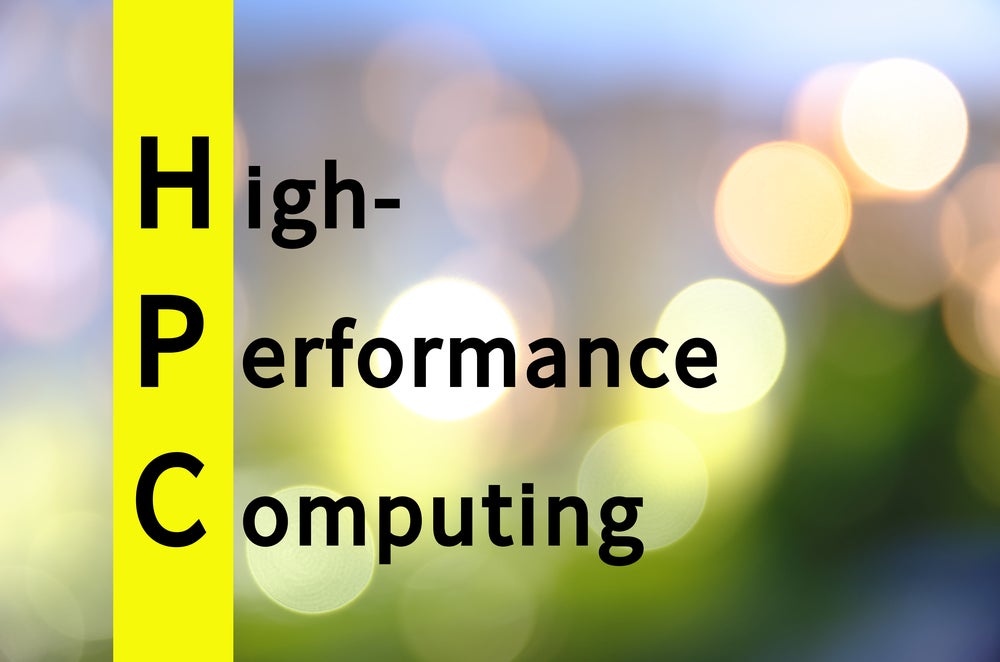For the high-performance computing (HPC) industry, the Top500 is the benchmark for the top 500 most powerful commercially available HPC systems.
Processing power—or the ability to execute the most floating-point operations per second (FLOPs)—has traditionally been the most significant factor in evaluating a supercomputer’s performance.
However; the Top500’s lesser-publicised counterpart, the Green500, which measures the top 500 most energy-efficient HPC systems, deserves much more appreciation.
Leaving has-been, benchmarking
Historically, HPC performance metrics, like processing power and number of cores, have been viewed as more important than those connected to efficiency. In the past, the ability to complete more computational tasks in a given time frame has provided clear advantages to companies using HPC resources.
Since 1993 HPC systems have improved dramatically and expanded into new sectors. The top spot on the Top500 in 1993 had a theoretical processing capacity 35 times smaller than the 500th-ranked system on the June 2024 list.
HPC has come a long way and its priorities must evolve with it. Unlike the Top500, which has benchmarked systems’ processing performance since 1993, the Green500 is a comparatively new reporting list that began in 2007. Updating how the systems are evaluated to reflect this step-change in performance is vital to the ongoing improvement of HPC outright.
How well do you really know your competitors?
Access the most comprehensive Company Profiles on the market, powered by GlobalData. Save hours of research. Gain competitive edge.

Thank you!
Your download email will arrive shortly
Not ready to buy yet? Download a free sample
We are confident about the unique quality of our Company Profiles. However, we want you to make the most beneficial decision for your business, so we offer a free sample that you can download by submitting the below form
By GlobalDataGreen scene or greenscreen?
While the sustainability-enhancing benefits of energy efficiency should be emphasised, it is important to recognise the limitations of the Green500 and submissions to it.
To submit a benchmarking score to the Green500, companies must perform a time-consuming, computationally difficult report of the entire system.
Within the increasingly demanding and expense-inducing schedules of some of the largest HPC systems, a full system evaluation is a difficult request. Some companies also know or assume that the energy efficiency of their HPC systems is poor and will thus not submit it for benchmarking.
These factors both contribute to reduced reporting numbers for the Green500 and a limited view of the energy efficiency of the global HPC landscape. However, with any luck, growing participation with the Green500 will provide the competitive impetus needed to embed sustainability into HPC.
Unleashing clean, green, HPC machines
Turning the focus away from processing power and towards efficiency and sustainability is vital for a meaningful environmentally conscious change in HPC.
Some movement is already occurring. Of the top ten most energy-efficient machines in the Green500, three also appear in the top 30 most powerful machines in the Top500.
In addition, within the top ten most powerful machines in the Top500, only two fall outside of the top 75 most energy-efficient HPC systems. Crucially for HPC, processing performance improvements no longer need to be made at the expense of energy efficiency.
To permanently change the discourse around green agendas in technology industries, sustainability policies must be founded upon actionable improvements with a proven track record. The coinciding benefits of energy efficiency and processor performance in HPC can also be used as evidence that other sectors and technologies can embed principles of sustainability without sacrifice.






